KEYNOTE SPEAKERS
Speakers in alphabetical order
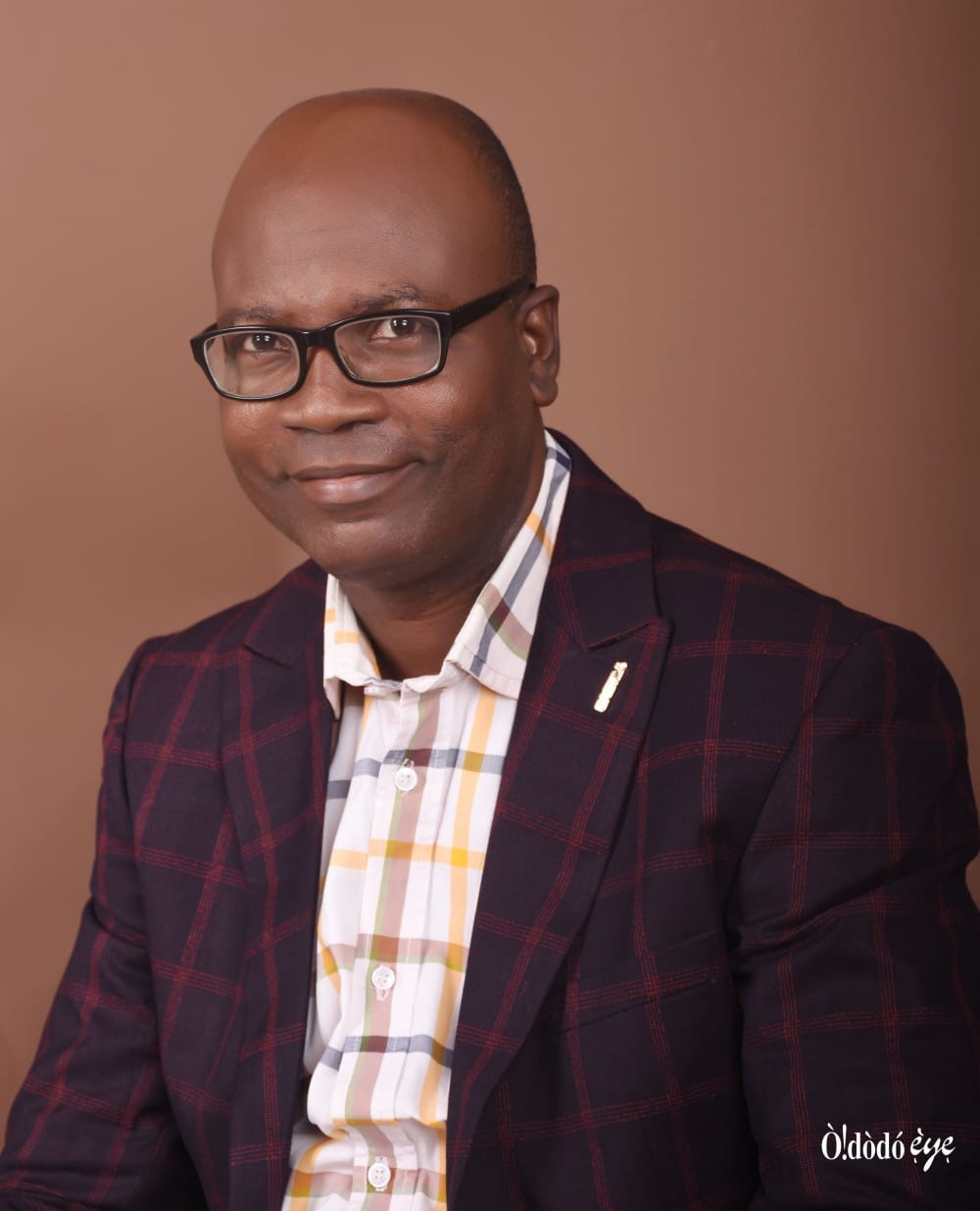
PROF OBADINA ADEWALE
Talk: The Safe Casava project
Adewale Olusegun OBADINA is a member of food safety experts for WHO Guideline Development Group (DGD) – Traditional Markets and a Professor of Food Safety and Biotechnology at the Federal University of Agriculture, Abeokuta, Nigeria. A visiting Professor, Department of Microbiology, Babcock, University, Nigeria and Department of Biotechnology and Food Technology, University of Johannesburg, South Africa. He was a member of Board of Director; International Union of Food Science and Technology (IUFoST); presently a member of African Continental Association of Food Protection (ACAFP); member of AU-IBAR Expert on Food Hygiene (2021 – till date) and. Adewale Obadina background research interest is in Food Safety (microbiology and chemical) and has over ninety publications in various areas covering cereals, nuts, fruits and vegetables, tubers processing and fermentation, lactic acid bacteria and various other African foods. He has been involved in various collaborative research for the commercialization and safety of African foods such as Food Safety lead in Research Supporting African MSMEs to Provide Safe and Nutritious Food (RSM2SNF) in Nigeria. He is the Chair, GHI working group on Food Safety and Education. Prof. Adewale Olusegun OBADINA has worked as Food Safety and Quality consultant for UNIDO and USAID Feed the Future projects.
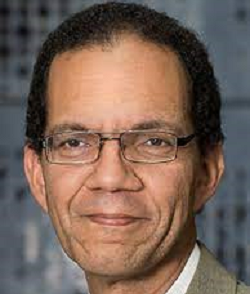
PROF STANLEY BRUL
Talk: Open questions for the gut microbiome and its role in health and disease
Prof. Stanley Brul holds a chair in Molecular Biology and Microbial Food Safety at the University of Amsterdam (UvA). He is the director of the College of Life Sciences at the UvA, which organizes the university’s ~1400 undergraduate Biology, Psychobiology and Biomedical Sciences programs. In the master he coordinates the track Medical Biochemistry and Biotechnology, has supervised numerous MSc graduates as well as 27 PhD students to the completion of their doctorate. Stanley Brul published ~200 papers and has an H-index of 55. He has chaired many Life Sciences education evaluation committees and was also on many research evaluation committees nationally and internationally. Currently prof. Brul is a member of the Dutch Biology Council and spearheads the national investment (sector)plan Biology. His recent research centres on the behaviour of microbial species in complex environments, most specifically the oral and gut microbiome with their associated microbiota. The research group at the Swammerdam Institute for Life Sciences boast many collaborations, with basic scientist enabling complex data analysis and live imaging approaches relevant to bacterial spore germination and outgrowth, as well as groups at the Amsterdam University Medical Centres. In a clinical context the focus is on Inflammatory Bowel Disease, Neurological Disorders including Major Depressive Disorder and diseases of the oral cavity.
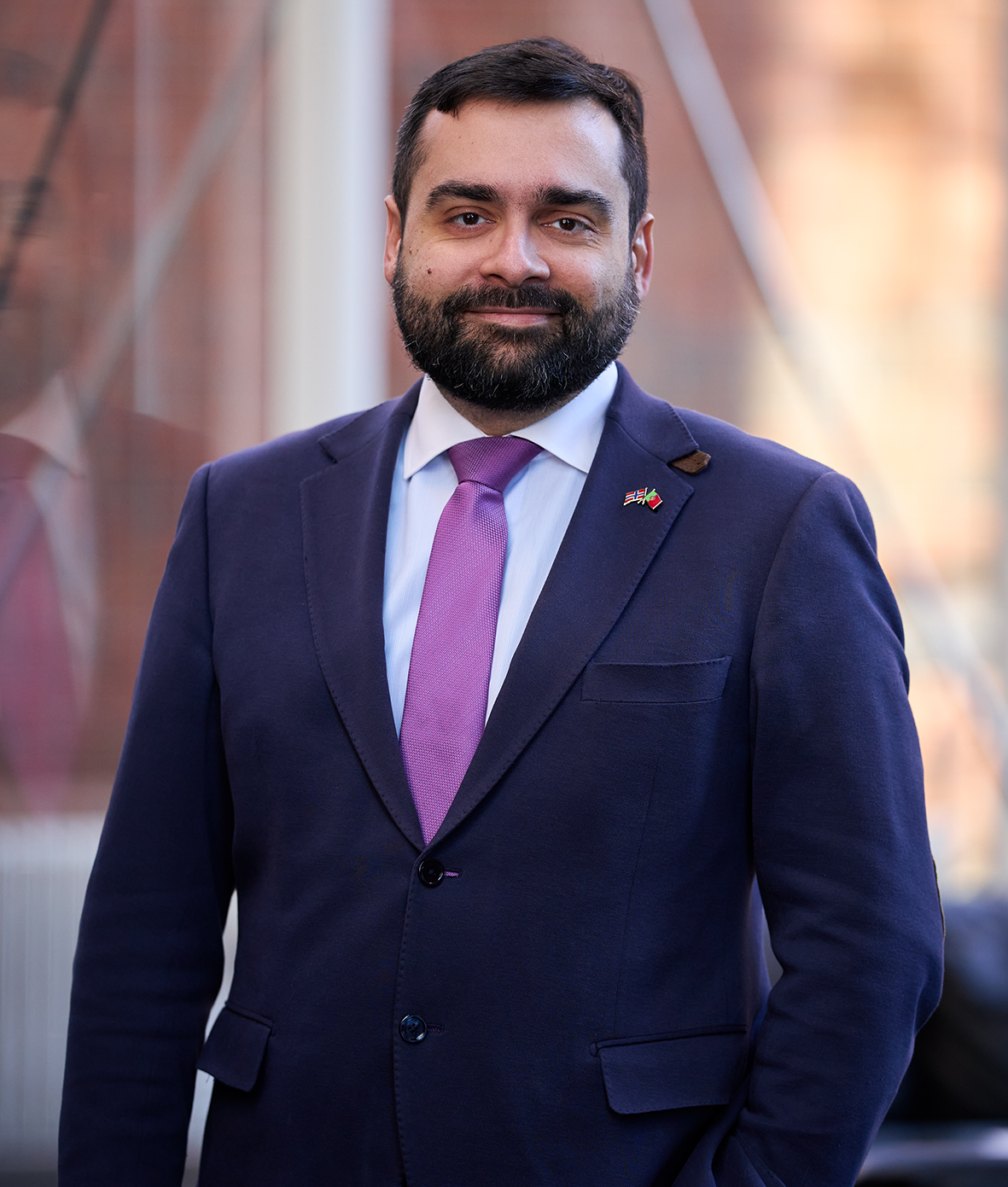
PROF CARLOS DAS NEVES
Professor Carlos Gonçalo das Neves, a Portuguese and Norwegian citizen, graduated in Veterinary Medicine, from the Technical University of Lisbon in 2004, and obtained his PhD in veterinary science in 2009 from the Norwegian School of Veterinary Sciences.
He holds also a Postgraduate Certificate in Public Health from the London School of Hygiene and Tropical Medicine, and a Certificate in Public Policy from the London School of Economics.
He is the Chief Scientist of the European Food Safety Authority, having served previously between 2019 and 2022 as the Director of Research and Internationalization of the Norwegian Veterinary Institute (NVI), and between 2014 and 2017 as head of virology and head of food safety and emerging threats at the same institution. He holds a joint position as Full Professor at the Faculty of Medical Sciences at the University of Tromsø.
Prof. das Neves has worked in the field of wildlife diseases, and has experience on topics related to ONE HEALTH, emerging threats, wildlife health and food safety and systems. He has a strong background in science to policy translation, advocacy and societal awareness.
In 2013 he obtained the diploma of specialist of the European College of Zoological Medicine and is currently the chair of the Wildlife Population Health Speciality. Between 2014-2018 we served also as an expert in animal welfare and health for the Norwegian Scientific Committee for Food and the Environment. He is a Commissioner of the Lancet ONE HEALTH Commission, and a member of the Global 1 Health Network and of the One Sustainable Health Forum, as well as a lead author on the ongoing IPBES Nexus assessment on the interlinkages among biodiversity, water, food and health.
He is a Member of the IUCN Wildlife Health Specialist Group, and has served between 2019 and 2021 as the President of the Wildlife Disease Association. He has also served as Honorary Consul of Portugal in Norway between 2010 and 2017.
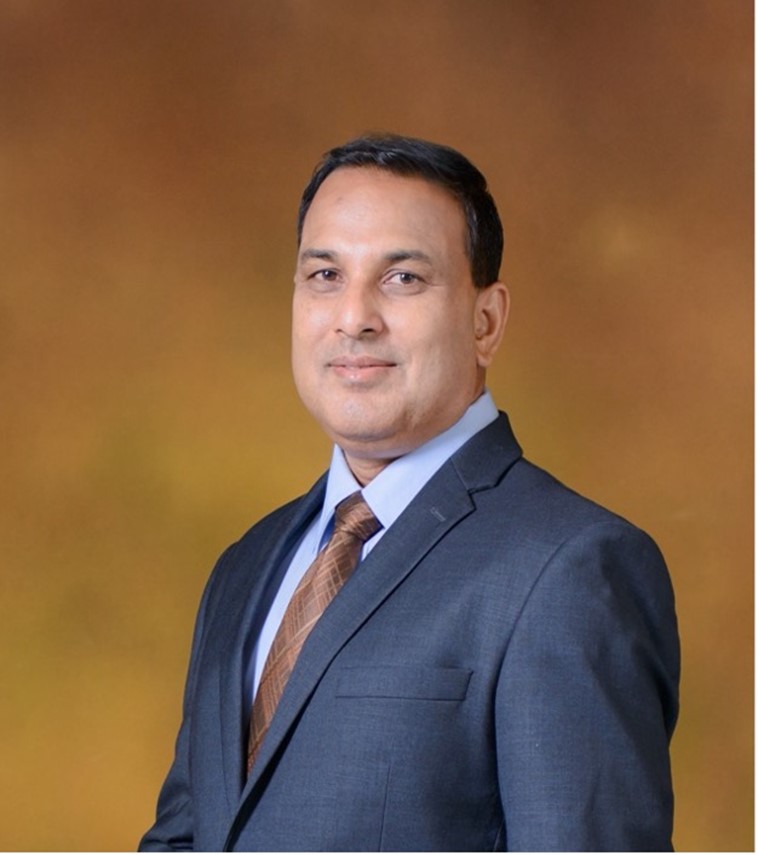
PROF ANIL KUMAR ANAL
Talk: Unleashing the Potential of Millet
Dr. Anil Kumar Anal is the Professor of the Food Innovation, Nutrition, and Health program at the Department of Food Agriculture and Bioresources in the Asian Institute of Technology (AIT), Thailand. Prof Anil has been featured as top 0.5% Scientists (globally) in the field of Food Science. Prof Anil specializes in the Indigenous Food Systems (especially on Traditional and Underutilized local food products); Green Valorization of Agro-residues for High Value; Biomolecular Interactions and their Applications in Food Systems, Designer Diets for Enhanced Health Benefits, and nanotechnology-based delivery systems for enhancing the bioavailability and bioaccessibility of bioactive molecules. He has authored 7 patents; more than 200 referred international journal articles, 60+ book chapters, 8 books, and several in international conference proceedings. Under Prof Anil’s direct supervision (as Chairperson), 25 PhD and more than 125 Master students have already been graduated from all over the globe. He has been invited as Keynote Speakers and Experts in various international conferences and workshops. Prof. Anil has been serving as Advisory members, Associate Editor, Members of Editorial Board of various Regional and International peer-reviewed Journal publications. Prof. Anil has experiences on conducting various innovative research and food product developments related to sustainable and safer food production systems including strategy development for food safety standardizations as well as policy implications related to the food safety. Prof. Anil also serves as Visiting Professor and Adjunct Professor in the top regional universities including in India, Nepal, Thailand etc.

Photo credit © Guy Reece
GEORGE MONBIOT
Online Talk: How to feed the world without devouring the planet
George Monbiot is an author, Guardian columnist and environmental activist, whose current research focus is on the global food system. His best-selling books include Feral: Rewilding the land, sea and human life, Heat: how to stop the planet burning, and Out of the Wreckage: a new politics for an age of crisis. George has made several viral videos: How Wolves Change Rivers has been viewed over 40 million times, and Nature Now, co-presented with Greta Thunberg, has been viewed over 60 million times. In 2022, George was awarded the Orwell Prize for Journalism; he also became an Honorary Fellow of Wolfson College, Oxford. George’s latest book, Regenesis: Feeding the World Without Devouring the Planet, draws on astonishing advances in soil ecology to explore pioneering ways to grow more food with less farming.
George Monbiot’s speech will reveal how the food sector causes more environmental destruction than any other, but it is the one we are least prepared to talk about. How do we ensure that everyone has access to healthy, affordable food, while greatly reducing its impacts on the world’s living systems?
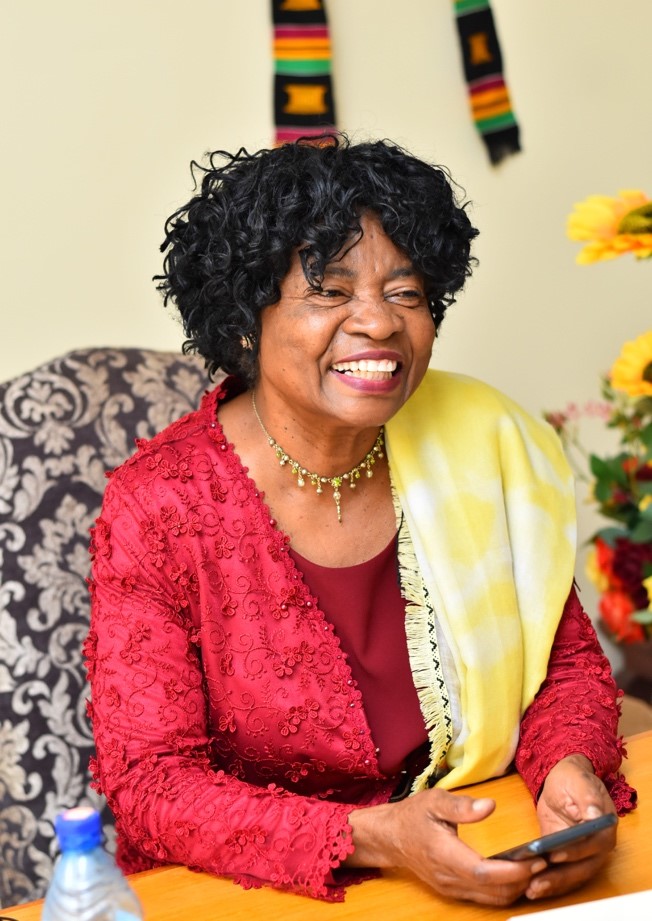
PROF RUTH KHASAYA ONIANG’O
Talk: The fight for a healthy planet starts right beneath your feet – The role of women in food security in Africa.
Hon. Prof. Ruth Oniang’o has been the Chair of the Board of the Sasakawa Africa Association since 2010 and a past President of International Academy of Food Science and Technology. She was awarded a PhD in Food Science and Nutrition by the University of Nairobi in 1983 and later became a Professor of Nutrition at Jomo Kenyatta University. Her research focused on food security, nutrition and pregnancy, childhood nutrition and agricultural processing. In 1992, she founded the Rural Outreach Program (ROP) in Africa to provide small farmers with indigenous soil testing and other resources needed to be productive. Hon. Prof. Oniang’o founded the African Journal of Food, Agriculture, Nutrition and Development (AJFAND) in 2001 to highlight relevant academic research in the field of food and food security. She is currently the Editor-in-Chief of the journal. She served in the Kenyan Parliament from 2003 to 2007, where she helped pass the Kenya Biosafety Bill and the Nutritionists and Dietetics Bill. In 2005, Hon. Prof. Oniang’o established the Diana Elukhambi Health Centre in Kakamega, Kenya, with the help of the Beyond Borders Organization from Utah. In 2014 she received IFAMA Distinguished Service Award and also was a recipient of the 2014 FORTUNE Magazine for being one of the 30 Most Innovative Women in Food and Drink. Prof. Oniang’o has been president of the International Academy of Food Science and Technology (IAFoST) from 2016-2018 and is a patron of the Food Science and Technology Platform of Kenya. In 2017 she was a recipient of the AFRICA FOOD PRIZE LAUREATE. In 2018 she was awarded “HONORIS CAUSA” from the University of Aberdeen, Scotland. In 2021 the Institute of Food Technologies-IFT presented her with an IFT INCLUDE AWARD. In 2022 Hon. Prof. Oniang’o received the Lifetime Achievement Award from the International Union of Food Science & Technology (IUFoST) for her contributions to the field of food science and technology for the benefit of all humanity over her career.
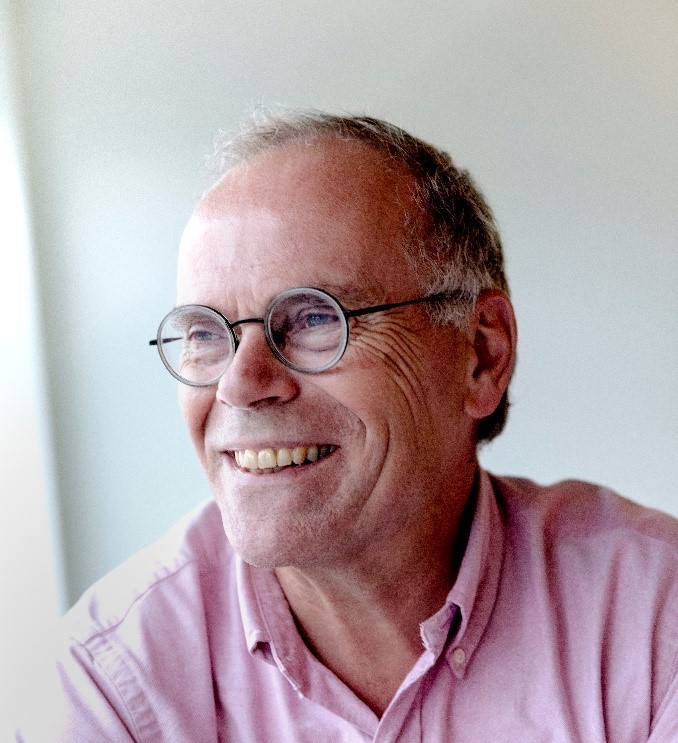
PROF MARK POST
Talk: The regulatory and consumer acceptance challenges of cultivated meat
Dr Mark Post, MD/PhD, has had several academic appointments at Utrecht University, Harvard University, Dartmouth college, Eindhoven University of Technology and Maastricht University. He currently is professor of Sustainable Industrial Tissue Engineering at Maastricht University. He is a visiting professor at Harvard University, USA, University of Modena, Italy and faculty at Singularity University, USA. His main research interest is the engineering of tissues for various applications. Tissue engineering for Food has led to the development of cultured beef from bovine skeletal muscle stem cells. The same technology is used to culture leather. Dr Post co-authored 190 papers in leading peer-reviewed scientific journals and received during his career over 50 million dollars in funding and awards from different sources including government, charity and industry. He is a frequent speaker at international events on innovation in the agrifood sector. He presented the world’s first hamburger from cultured beef in the August 2013 for which he received the World Technology Award from AAAS/Times/Forbes. Dr Post is CSO and co-founder of Mosa Meat and of Qorium, two companies that aim to commercialize meat and leather applications of tissue engineering. Together, these companies have received over 80 million euro of investment.
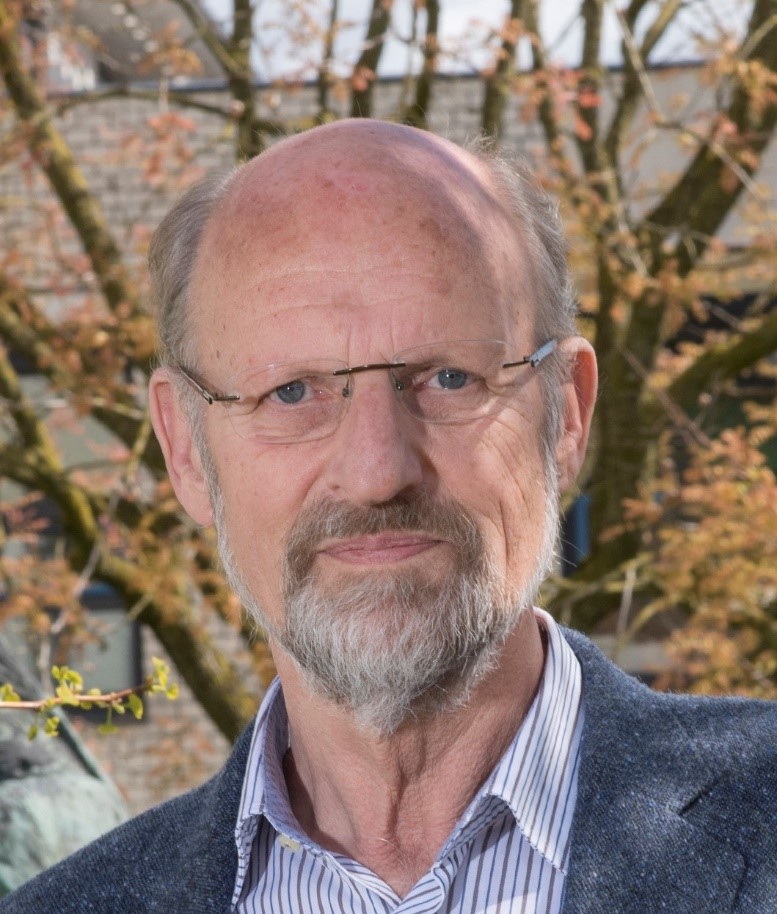
PROF ARNOLD VAN HUIS
Talk: Edible insects to assure food security
Emeritus Prof. Dr Ir. Arnold van Huis is a Professor of Tropical Entomology at Wageningen University in the Netherlands. He is a world-leading expert on insects as food and feed. He worked from 1974 to 1979 in Nicaragua. Prof. van Huis got his PhD from Wageningen University, in the Netherlands. From 1982 to 1985 he coordinated a crop protection training project for eight Sahelian countries. From 1985 to 2015 he worked as a tropical entomologist at Wageningen University. Since 2015 he is an Emeritus professor and concentrates his research interests on insects as food and feed. In 2013 he published with FAO the book Edible Insects: future prospects for food and feed security which has been downloaded millions of times. In 2014 he organised with FAO the conference Insects to Feed the World, attended by 450 participants from 45 countries. He is the chief editor of the Journal of Insects as Food and Feed. He published more than 300 papers of which 170 refereed. On edible insects, he (co)authored several books, ten book chapters, and 25 refereed and 40 non-refereed publications.
